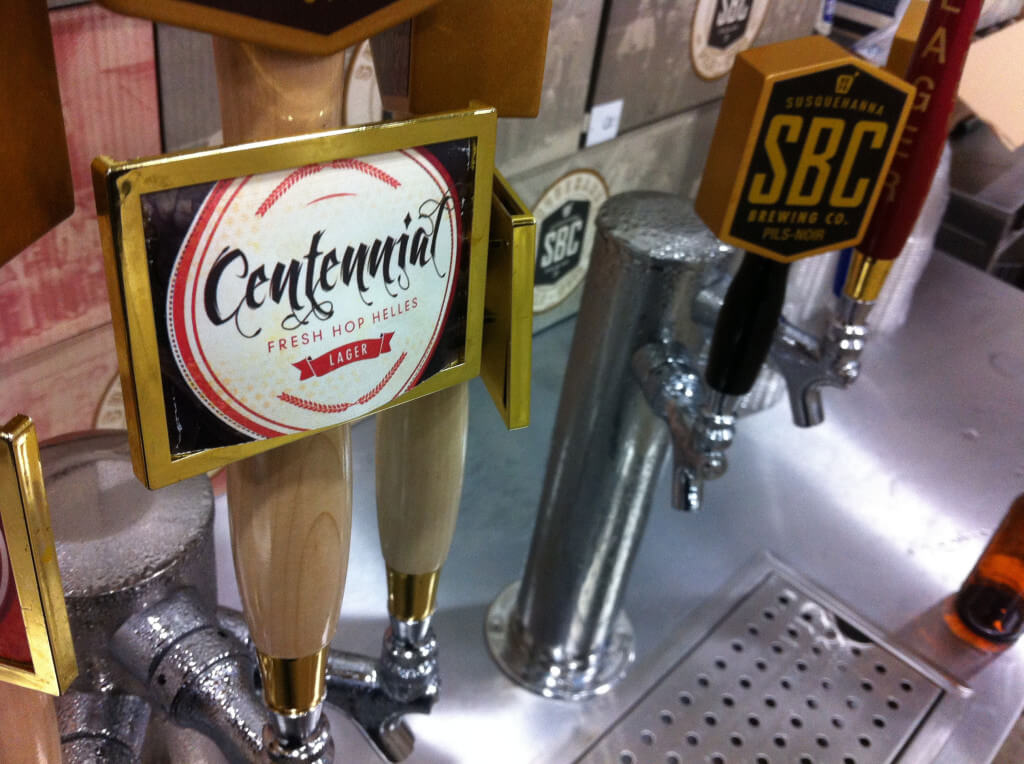- February 11, 2014
- By Maryland Today Staff
1) What makes craft beer different from your average Heineken or Budweiser?
Craft beer is made by significantly smaller, independent breweries, at much higher cost than large-scale commodity brews. Craft beer is almost always more flavorful by virtue of decisions made by the master brewer in terms of material inputs that go into brewing the beer.
The very large breweries that produce Bud and its competitors are certainly capable of making fine craft-like brews with more flavor, as proven by Shock Top and its sister brews from Anheuser-Busch InBev and Blue Moon and its broad portfolio produced by MillerCoors.
2) Home brewing is pretty popular. Do you recommend it?
Sure, but with the proviso that it offers as much relevance and background to a person who wants to enter professional brewing as removing a wart in the bathroom prepares one for a medical career!
Enjoy home brewing for the fun, excitement and satisfaction of doing something well in your kitchen and basement that you can share.
There are very serious competitions for home brewers and there are many local home brewing clubs and a respected large annual national conference by the American Homebrewers Association.

3) How can I get into professional craft brewing?
No matter your academic major, no matter how high your GPA, the best entry into the craft brewing space is the least gratifying: Volunteer to intern, and do what you are tasked cheerfully and earnestly.
A creative entry is via undergraduate research related to beer production, such as with yeasts in the lab. A longer view that is equally worthy, and as valuable, is looking at postgraduate study in brewing science and engineering.
Finally, the umbrella over craft brewing is broad, and many specialties support the industry. The obvious one is marketing, but in terms of technical support, the application of food science tools, chemistry and broad engineering can be found in specialty detergent chemistry providers to the beer industry, specialty mechanical vendors, refrigeration, boilers, utilities, solar and alternatives, and operations research applications. Beer sales also represent gratifying and important work for breweries.
It’s a great arena to be in, and a grand adventure for any Terp!
This interview has been edited and condensed.
